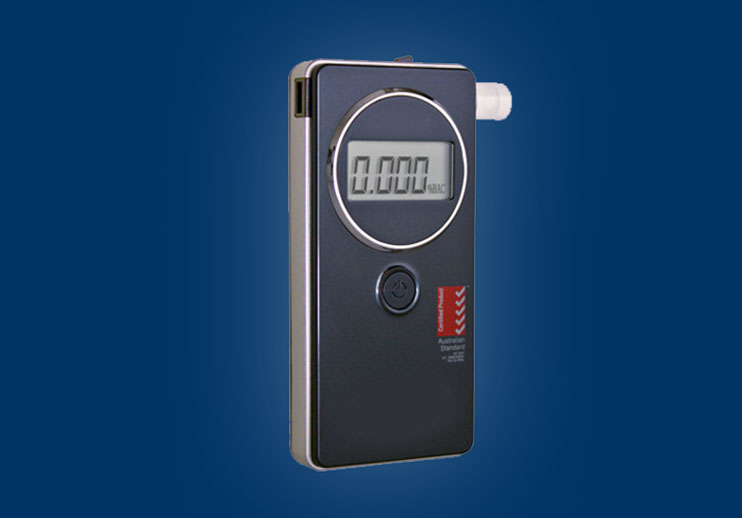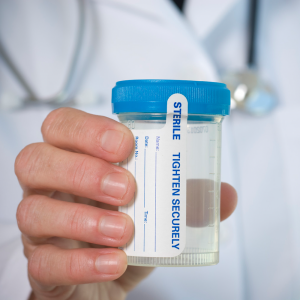Can You Fail a Drug Test For Alcohol?
The plain and simple answer is yes. However, the drug testing panel must contain alcohol as a marker and if it does, then it is possible you may fail a drug test for alcohol. Oftentimes employers and individual’s think of drugs and alcohol as one in the same. as a matter of fact, both substances can cause impairment of a person’s mental, physical abilities, cause long-term health issues, and can foster unsafe situations.
Due to the history of abuse of alcohol along with its long-term impact on public safety, society, addiction and health problems, it is common for employers to establish a drug-free workplace testing program that includes both drug testing and alcohol testing.
As concerns arise regarding substance abuse and addiction is sweeping the nation and various companies have chosen to implement alcohol testing to their drug free workplace program as a deterrent and promote safe and healthy working environments. For this reason, one common question many employers, employees and individuals have regarding workplace alcohol and drug testing is, “Does alcohol show up in a drug test?” Let’s find out .
Does Alcohol Show Up In a Drug Test?
As we continue to take a deeper look at this subject of whether alcohol will show up in a drug test, we find several options. It is important to note that a standard drug test does not test for alcohol. However, alcohol can be included in a drug test if specifically requested. With that in mind, if you are interested in testing employees or individuals for both drugs and alcohol, simply consult with your drug testing provider or call us at (800)315-1519 to determine what type of program best meets your needs.
How Can An Employer Test For Alcohol In The Workplace?
The Substance Abuse and Mental Health Services Administration (SAMHSA) recommends drug testing to be performed at the very minimum of the 5 most commonly abused drugs: (amphetamines, THC, cocaine, opiates, and phencyclidine (PCP) as well as alcohol. As stated previously, a standard drug test does not evaluate the presence of alcohol in a person’s system, but many companies elect to include alcohol in their written drug-free workplace policy. The most common form of alcohol testing is a breath alcohol test; however, urine, saliva or hair testing options are available as well. In addition, with the current climate of the opioid epidemic, many companies are requesting their drug test include additional drugs beyond the standard five mentioned above (e.g., adding synthetic opioids and ecstasy).
Which Alcohol Test Is Right For Me?
Let’s dig a little deeper and determine if alcohol will show up in a drug test? If you plan to test for alcohol, it is important to understand the different testing methods available and the amount of time that alcohol is detectable in the human body.
In a hair alcohol test, alcohol is present for up to 90 days. In blood or oral fluid, it is present for 12-24 hours. Finally, in a urine alcohol test, alcohol can be present for 6-80 hours (depending on the method used for testing).
The two most common ways an employer can test for the presence of alcohol are through breath and saliva tests:
Breath Alcohol Test: This method is the most common method for alcohol testing in the workplace. Breathalyzer is the brand name of the original device and is the one of testing methods that provides a real time result and will measure impairment. The Department of Transportation (DOT) has established strict requirements for the devices used to perform breath alcohol tests. All devices used for DOT breath alcohol testing must be on the Conforming Products List of the National Highway Traffic Safety Administration. We recommend that employers or individuals only utilize devices that meet these high standards for all DOT required breath alcohol testing.
Saliva Alcohol Test: This detection method detects the presence of ethanol, a by-product of beer, wine, and spirits. Although slightly more expensive than urine tests, saliva tests are easy to perform and can also detect alcohol ingested within the past day or two.
Finally, blood, hair and urine tests are most often used in forensic, legal and civil testing but infrequently in the workplace.


